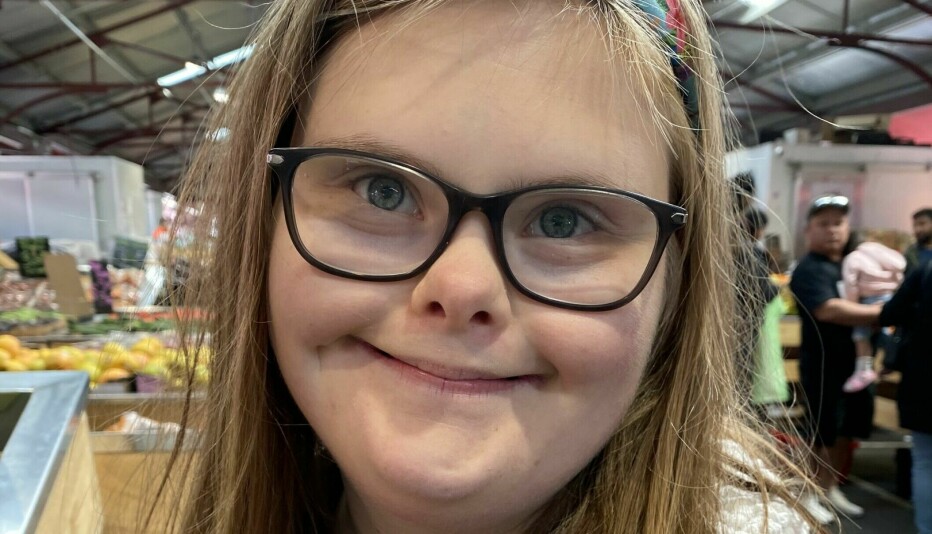
ADHD linked to language problems
Most children with attention deficit hyperactivity disorder (ADHD) have language impairments too. These kids struggle to express themselves and understand the content of conversations.
Denne artikkelen er over ti år gammel og kan inneholde utdatert informasjon.
“There is often a one-sided focus on the behaviour of kids with ADHD. But these children may have communication problems as they grow older, particularly in a school situation, if their language skills are not given enough attention,” says Researcher and Speech Therapist Wenche Andersen Helland of Helse Fonna and Statped Vest in Bergen.
“If we don't work hard enough to strengthen language development in children with ADHD, we increase the risk that they won't learn what they should in school.”
“They’ll also be more likely to fall short in social interactions with their peers. We need to intervene early to prevent a downward spiral,” she adds.
Nuances harder to grasp
Helland has led a clinical study of 59 children aged 6-12, which showed that kids with ADHD have a poorer understanding of language in social situations than children their age without the disorder - healthy children.

“These children are more likely to have problems expressing themselves coherently and precisely, in understanding what others say and in comprehending the nuances of language.”
“It can also be difficult for them to express themselves fluently and connect with other children in a good way,” says Helland.
However, they have fewer difficulties with language structure per se, such as constructing sentences properly or pronouncing words correctly.
Focus on language needed
Because of their findings, Helland and her colleagues think the language and communication skills of children diagnosed with ADHD ought to be charted more systematically. Helland suggests that it should be routine for children who are referred to a specialist for an ADHD assessment to have their language skills evaluated in a standard way.

“Children who are being assessed for ADHD should also have their linguistic skills checked. I’m not suggesting any form of national screening, where all children are tested,” she says. “It's very important that we focus on speech, because it is crucial in social functioning and school performance.”
This study was carried out in collaboration between the University of Bergen and the University of Linköping in Sweden. It was published in the Journal of Attention Disorders.
Underdogs in primary school
Helland stresses the importances of measures that help individual children build their language skills as well as measures aimed at their families and surroundings.
“A key concern at an early phase would be to make sure that both the school and the parents are aware of any language problems so accommodations can be made to ensure the child’s best possible development,” says the researcher.
Children with ADHD risk becoming underdogs. This risk increases after they enter primary school, where children's play tends to be less linked to activity than in kindergarten, and stronger demands are made on their language and communication skills.
Same patterns seen in larger study
Using data from the Bergen Child Study, which started in 2002, Helland also investigated language problems among 5,672 children aged 7 to 9.
Her goal was to find out if the same pattern seen in her clinical study would emerge in the much larger population study.
Figures from the Bergen Child Study confirmed that kids with ADHD also tend to be troubled by difficulties with language comprehension and the use of language in social situations.
“The concurrence was larger than expected. Not surprisingly the children with both ADHD and reading and writing problems also had trouble with language.”
“But the percentage with language impairments was also high in children who only had ADHD: more than 40 percent showed clear signs of language impairments. The percentage of children in the control group with these kinds of problems was under six percent,” says Helland.
Language comprehension a struggle
Another discovery was that children with ADHD struggle more with language comprehension than children with reading and writing disorders.
Helland and her colleagues haven’t tested whether the prospective use of medications among children diagnosed with ADHD has an effect one way or another.
“But if ADHD medications help these children, it’s not inconceivable that the medicine can also help with language in a positive way,” says the researcher.
-------------------------
Read this article in Norwegian at forskning.no
Translated by: Glenn Ostling
Scientific links
- Helland WA, Posserud MB, Helland T, Heimann M, Lundervold AJ. Language Impairments in Children With ADHD and in Children With Reading Disorder. Journal of Attention Disorders. 2012, 16 October (pdf)
- Helland,WA, Helland, T og Heimann, M. Language Profiles and Mental Health Problems in Children With Specific Language Impairment and Children With ADHD. Journal of Attention Disorders 1087054712441705, 27.04. 2012 (pdf)


































